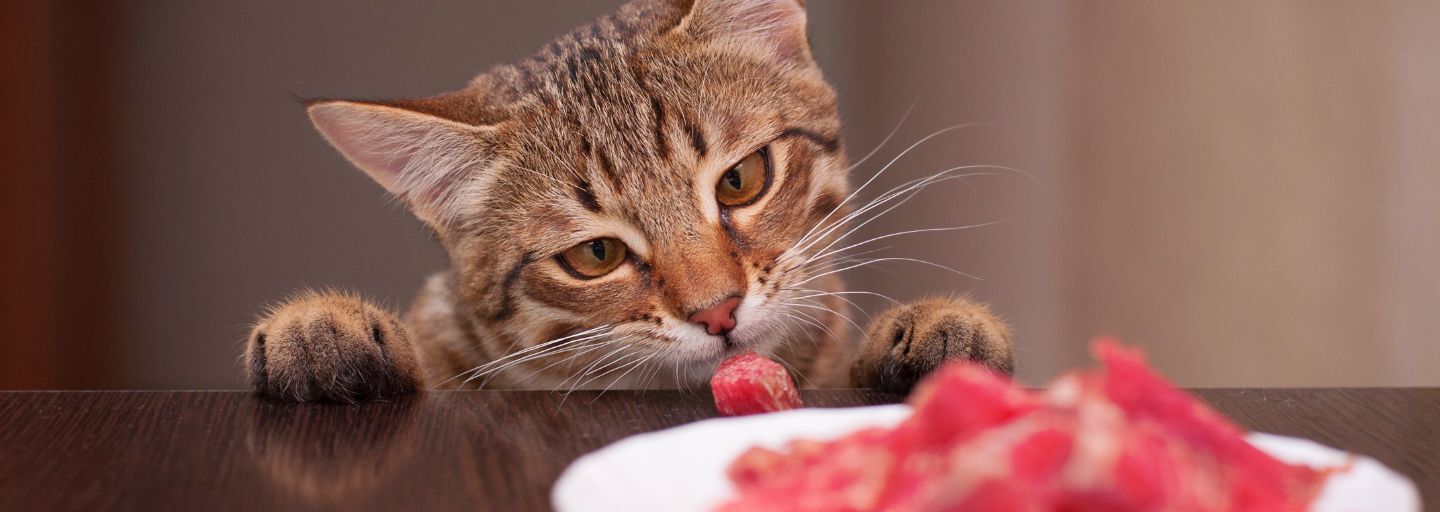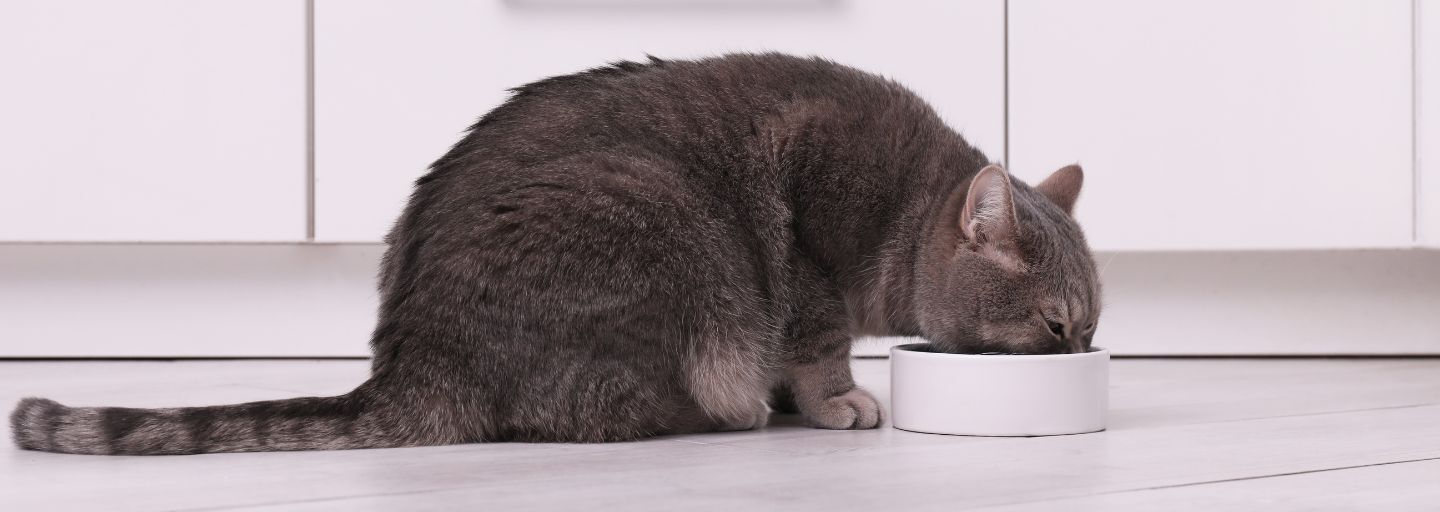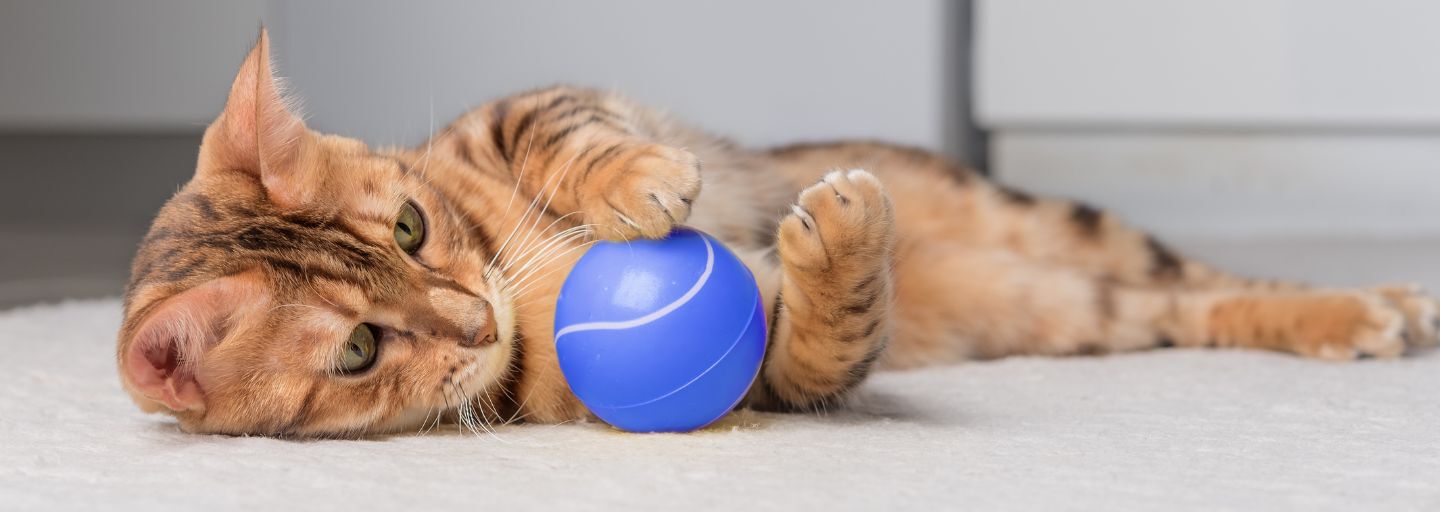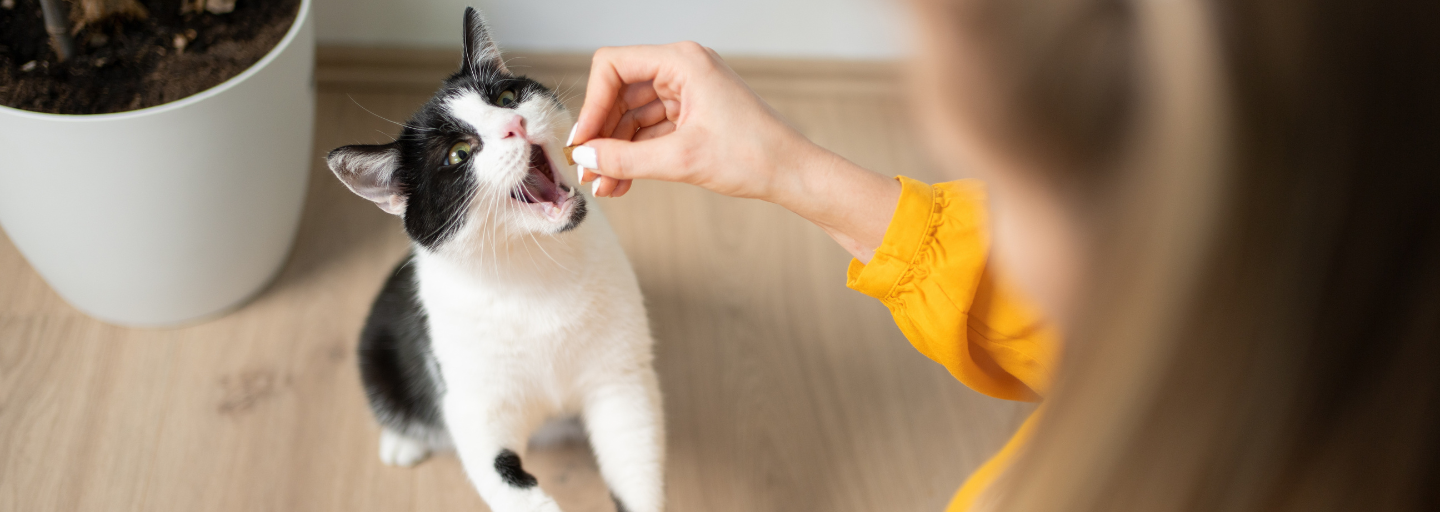In recent years, grain-free diets for pets, including cats, have gained popularity among pet owners. The idea behind these diets is to mimic a more natural, ancestral diet for our feline friends. However, it's important to understand the potential benefits and drawbacks of a grain-free diet before making any changes to your cat's feeding regimen.
Understanding Grain-Free Diets
Grain-free diets for cats are formulated without the inclusion of grains such as wheat, corn, or soy. Instead, they often rely on alternative carbohydrate sources like potatoes, peas, or lentils. The primary reason for choosing a grain-free diet is the belief that cats are obligate carnivores and do not require carbohydrates in their diet. The concept behind a grain-free diet is to provide a diet that more closely resembles what cats would eat in the wild.
Potential Benefits of Grain-Free Diets
- Allergies and Sensitivities: Some cats may have allergies or sensitivities to grains. By eliminating grains from their diet, it is possible to reduce the risk of adverse reactions such as skin irritations or gastrointestinal issues. However, it's important to note that true grain allergies in cats are relatively rare.
- Weight Management: Grain-free diets may be beneficial for cats that are overweight or prone to weight gain. These diets often have a higher protein content and lower carbohydrate content, which can help promote satiety and maintain a healthy weight.
- Digestive Health: Cats have a relatively short digestive tract, which is adapted for processing animal-based proteins. Some proponents of grain-free diets argue that removing grains can lead to better digestion and nutrient absorption in cats. However, scientific evidence supporting this claim is limited.
Potential Drawbacks of Grain-Free Diets
- Nutritional Imbalance: Grains can provide essential nutrients such as fiber, vitamins, and minerals. By eliminating grains from a cat's diet, it's important to ensure that these nutrients are adequately replaced with alternative sources. A poorly balanced grain-free diet may lead to nutritional deficiencies or imbalances.
- Cost Considerations: Grain-free diets tend to be more expensive than traditional cat foods. This higher cost may be a limiting factor for some pet owners, especially if there are no specific health concerns or allergies that necessitate a grain-free diet.
- Lack of Scientific Evidence: While grain-free diets have gained popularity among pet owners, it's important to note that there is limited scientific evidence supporting the widespread benefits of these diets for cats. The belief that cats are obligate carnivores and do not require carbohydrates is widely accepted, but the specific benefits of a grain-free diet for feline health are still being researched. It's important to approach grain-free diets with caution and consult with a veterinarian for personalised advice based on your cat's specific needs and health status.
Do Cats Need a Grain-Free Diet?
The question of whether cats need a grain-free diet is a topic of debate among pet owners and experts. Here are some key points to consider when determining if a grain-free diet is necessary for your cat:
- Natural Diet vs. Nutritional Requirements: While cats in the wild primarily consume animal-based protein, it's important to note that their natural diet includes the stomach contents of their prey, which may contain grains or plant matter. Cats have evolved to digest and utilise small amounts of carbohydrates. However, their nutritional requirements can still be met with a balanced diet that includes appropriate amounts of high-quality animal protein, fats, and carbohydrates.
- Individual Sensitivities and Allergies: Some cats may have sensitivities or allergies to grains, which can manifest as skin irritations, gastrointestinal issues, or other adverse reactions. If your cat exhibits signs of grain-related allergies or sensitivities, a grain-free diet may be beneficial. However, it's important to note that true grain allergies in cats are relatively rare, and other ingredients or environmental factors could be the cause of the issue.
- Nutritional Balance: Grains can provide essential nutrients such as fiber, vitamins, and minerals. By eliminating grains from a cat's diet, it's crucial to ensure that these nutrients are adequately replaced with alternative sources. A poorly balanced grain-free diet may lead to nutritional deficiencies or imbalances. It's important to choose a cat food that provides a complete and balanced diet, whether it includes grains or not.
- Consult with a Veterinarian: Deciding whether a grain-free diet is necessary for your cat should be done in consultation with a veterinarian. They can assess your cat's individual needs, consider any existing health conditions, and provide personalised recommendations. A veterinarian can help determine if a grain-free diet is appropriate for your cat based on their specific requirements and any potential sensitivities or allergies.
The decision to feed your cat a grain-free diet should be based on careful consideration and consultation with a veterinarian. While some cats may benefit from a grain-free diet due to sensitivities or allergies, it is not a necessity for all cats. Cats can thrive on a balanced diet that includes appropriate amounts of high-quality animal protein, fats, and carbohydrates, whether they come from grains or alternative sources. By prioritising your cat's individual needs and seeking professional guidance, you can make informed decisions regarding their diet and overall well-being.






